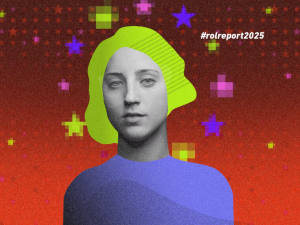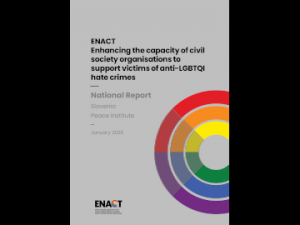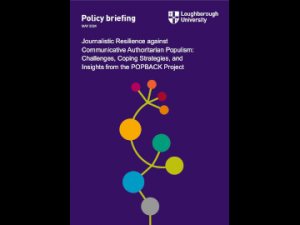Rule of Law Report 2024
18. 3. 2024 | Human Rights and Minorities, Politics
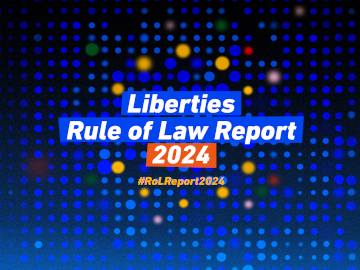
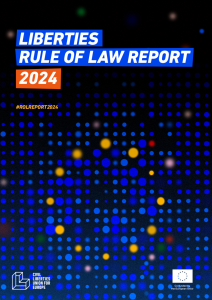 “Civil Liberties Union for Europe”, a European network of NGOs, human rights and freedom defenders, has published its fifth Rule of Law Report 2024, which presents the state of freedom, democracy and human rights in 19 countries of the European Union. The Peace Institute contributed to the report for Slovenia.
“Civil Liberties Union for Europe”, a European network of NGOs, human rights and freedom defenders, has published its fifth Rule of Law Report 2024, which presents the state of freedom, democracy and human rights in 19 countries of the European Union. The Peace Institute contributed to the report for Slovenia.
In its fifth edition, the report identifies the most striking violations of justice, corruption, media freedom, journalists’ safety, checks and balances, civic space and systemic human rights concerns in the European Union in 2023. The comprehensive analysis, a collaboration of 37 human rights organisations covering 19 EU countries, is the most in-depth ‘shadow reporting’ exercise on the rule of law to date by an independent civil liberties network. The European Commission takes these findings into account in its annual monitoring of the rule of law, confirming the international relevance of the report.
The rule of law in the EU continued to deteriorate in 2023, as governments further weakened legal and democratic checks and balances, according to the newly published Liberties Rule Of Law Report 2024. Restrictions on the right to peaceful protest have increased significantly, but in many cases are applied selectively to pro-Palestine and climate protests only.
Balazs Denes, Executive Director of the “Civil Liberties Union for Europe”, said:
“Liberties’ Rule of Law Report 2024 shows that intentional harm or neglect to fix breaches to the rule of law by governments, if left unaddressed, can evolve into systemic issues over time. The growing far right, building on these abuses, will very quickly dismantle European democracy if the European Commission does not use the tools at its disposal, including infringement proceedings or conditional freezing of EU funds, much more assertively. There is no need to wait until a captive state like Hungary’s emerges with an irremovable anti-democratic regime.”
Key findings for Slovenia:
In the context of media environment and media freedom, in 2023, the government adopted no measures against media concentration nor any measures for the protection of professional journalism, autonomy and the safety of journalists. The ‘depoliticised’ model of governing at RTV Slovenia was implemented, but no decision on the ‘depoliticisation’ of the financing model was taken, causing a sustainability crisis at the public broadcaster. In December 2023, the proposal of the new media law was submitted for public consultation, introducing the mechanisms of state aid to the media, but no clear specification and commitment regarding the source and size of the state aid was provided.
The discrepancy in the number of irregular crossings and the number of people that apply for international protection and the number of people receiving international protection indicate the need for thorough research and monitoring of the situation. The year 2023 was also marked by significant difficulties in accommodating people on the move due to insufficient facilities. State migration policies are also reflected in a large percentage of foreigners in Slovenian prisons, which are consequently overcrowded.
Regarding negative developments, the year saw both Pride Parades organised in Slovenia marred by violence. A major public call for funding the NGO sector was also marred by controversy and subsequently annulled.

